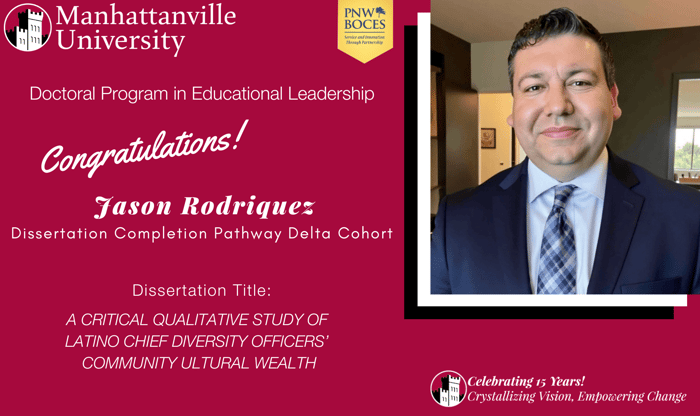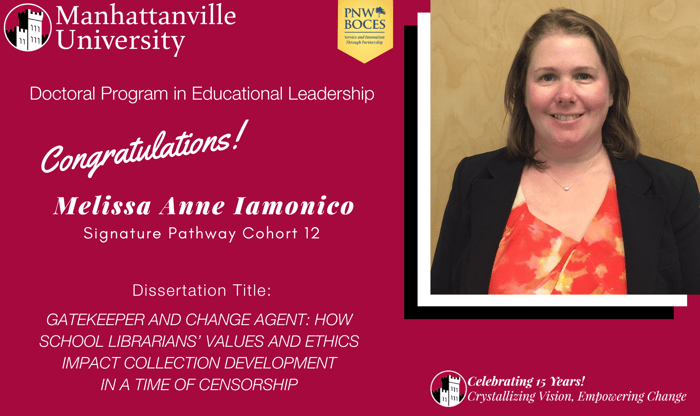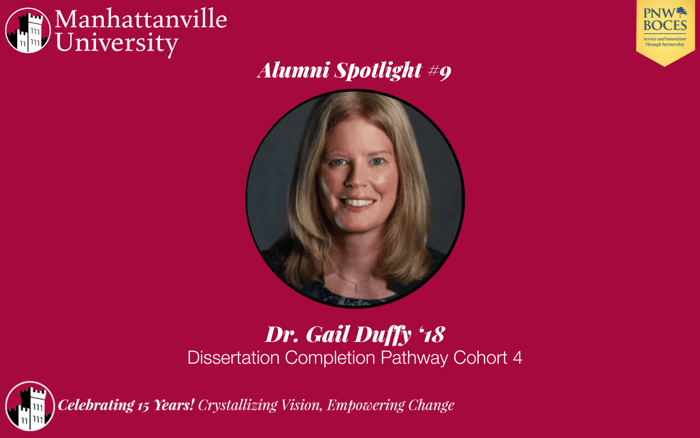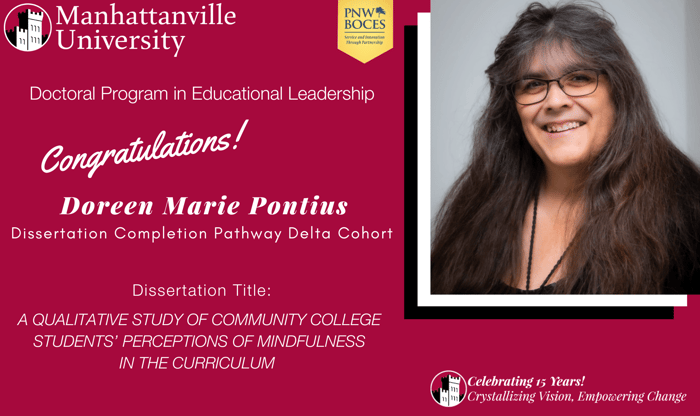Congratulations to Jason Rodriquez who on Tuesday, September 9, 2025, successfully defended his dissertation. The title of Jason’s dissertation is: "A CRITICAL QUALITATIVE STUDY OF LATINO CHIEF DIVERSITY OFFICERS’ COMMUNITY CULTURAL WEALTH."
Overview of Problem: The Chief Diversity Officer (CDO) role has expanded in higher education, particularly in response to racial justice movements and demands for accountability following events such as the murder of George Floyd. While tasked with advancing diversity, equity, and inclusion (DEI), these roles are often created reactively and lack sufficient authority, resources, or long-term support, leading to turnover and questions of legitimacy. At the same time, Latino students are one of the fastest growing college populations; yet Latino administrators remain underrepresented in senior leadership. The perspectives of Latino CDOs are largely absent from scholarship, leaving a critical gap in understanding their experiences.
Research Purpose: The purpose of this study was to describe the lived experiences of Latino CDOs in higher education and explore their unique perspectives, challenges, and successes in promoting DEI on college campuses. Drawing upon Yosso’s (2005) Community Cultural Wealth (CCW) as a theoretical lens, this study sought to uncover how Latino CDOs navigate their leadership roles and address barriers to fostering a more inclusive campus environment.
Research Design: A critical qualitative design using in-depth, semi-structured interviews.
Sample: 16 Latino CDOs with at least two years of experience across varied institutional types and regions of U.S.
Data Collection and Analysis: One 60–90-minute interview with each participant. Data were analyzed through iterative coding and thematic analysis guided by CCW.
Findings: Four themes emerged: (1) Code-Switching as Strategy: “You Have to Choose a Story…and So You Do the Dance,” (2) Legitimacy: “You Have to Do That Extra, Extra, Extra, to Be Validated,” (3) Cultural Servant Leadership: “Being Servant…and Caring for One Another,” (4) “Acts of Resistance.” Participants described negotiating identity and credibility, leading from culturally rooted values of service, and using rest, boundary setting and acts of defiance as strategies to resist institutional pressures and sustain themselves in their roles.
Conclusions/Implications: This study found that Latino CDOs navigate roles that are often symbolic and under resourced; yet they sustain their leadership through cultural knowledge and networks. By leveraging aspirational, linguistic, familial, social, navigational, and resistant capital (Yosso, 2005), participants reframed DEI leadership as both resilience and cultural affirmation. Findings underscored the need for institutions to affirm cultural identity a leadership asset, align authority with responsibility, and create sustainable structures that protect and advance DEI leadership.
Dissertation Committee Chair(s):
Dr. Susan V. Iverson
Dissertation Committee Member(s):
Dr. Nicole Joseph
Dr. John Melendez 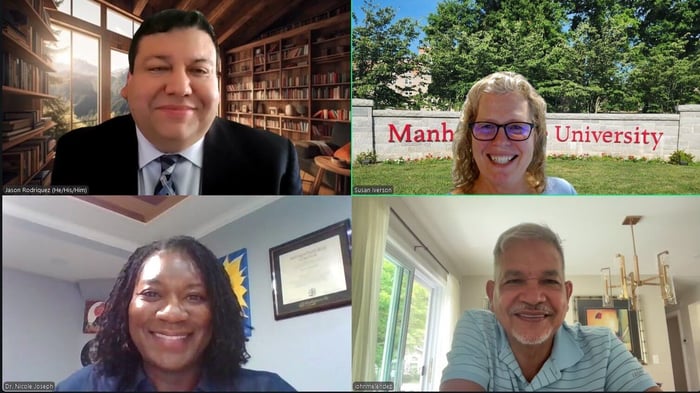

Take Your Career to the Next Level
Elevate your leadership skills, deepen your understanding of critical and contemporary education issues, and learn to help solve the current challenges in P-20 education.
Learn to Inspire Change
The Doctoral Program in Educational Leadership from Manhattanville, offered in partnership with Putnam Northern Westchester BOCES, utilizes a forward-thinking approach to educational leadership that is ideal for practicing and aspiring leaders in any educational context. It is designed to support the goals of educational professionals who seek to develop their leadership skills for career advancement or current job enhancement.

